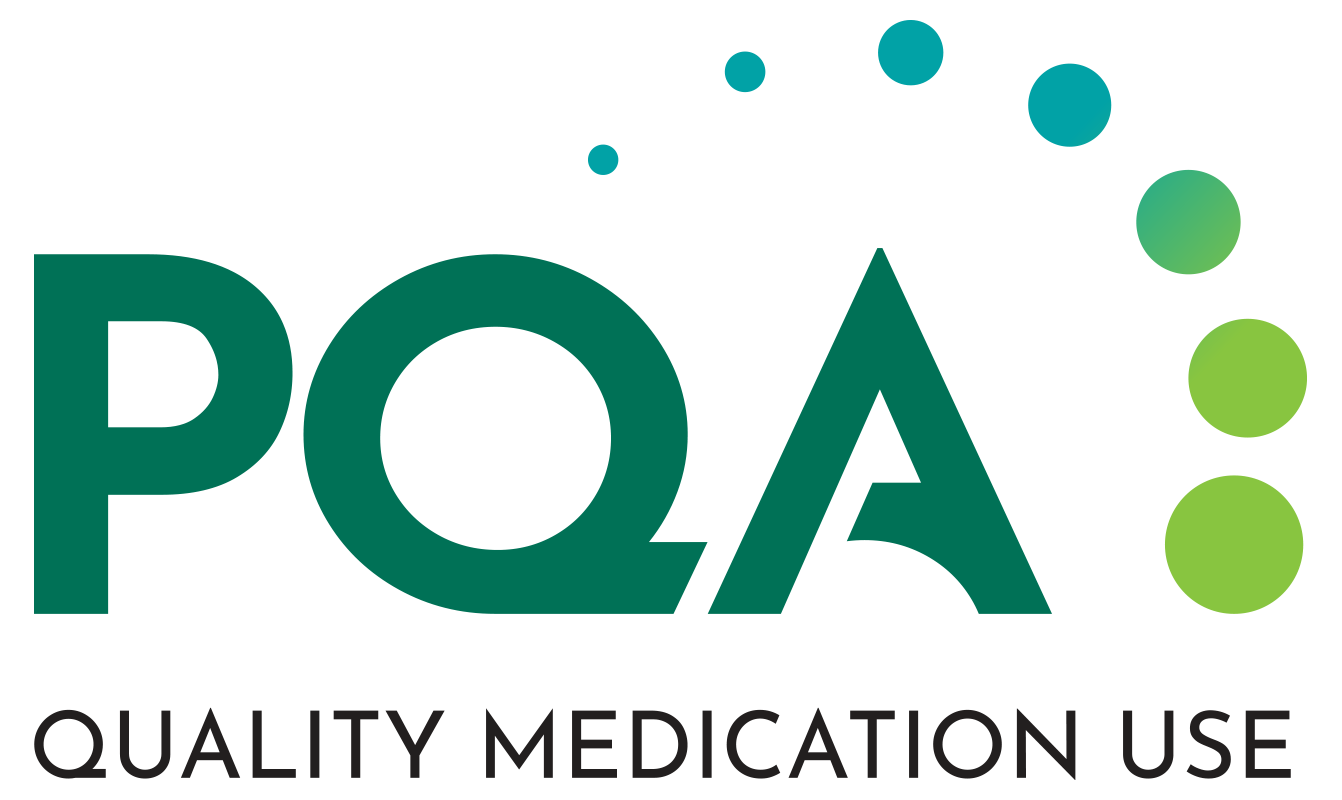Five Actionable Insights for Successful SDOH Initiatives

Addressing the social determinants and social drivers of health (SDOH) is a priority for health care payers and providers today. Unmet health-related social needs impact patient access and use of care, outcomes, total cost of care, well-being and satisfaction. SDOH impacts every aspect of care, including medication use.
That’s why the Pharmacy Quality Alliance (PQA) developed the
High-quality medication use is critical for treating acute illness and managing chronic disease. Whether it is short-term infection treatable with oral antibiotics or a long-term chronic condition such as diabetes or hypertension, the appropriate, safe and effective use of medications improves overall health and the outcomes for which we are all accountable.
Now in its third edition and published January 17, the PQA guide profiles 40 SDOH services, including eight new services and updates to 10 initiatives from the previous two editions. Created by the PQA, the guide spotlights SDOH screenings, referrals and interventions focused on improving medication use quality.
The guide covers services that address at least one of seven SDOH barriers, plus expands the number of interventions that focus on food and nutrition. It also highlights five key actionable insights for successful SDOH initiatives.
Successful SDOH programs utilize community-based partnerships and collaborations among health care professionals. While most SDOH programs are local by design and tailored to the needs of specific communities, there are common themes among successful efforts.
As health plans, pharmacists, and others involved in the medication use process develop and implement SDOH programs, the opportunity to leverage these insights, among others, should be considered.
1. Collaborative Community Partnerships
Successful initiatives have harnessed the power of collaboration, forging partnerships across healthcare sectors and community-based organizations. These alliances enable a more holistic approach to addressing SDOH barriers and maximize the reach of interventions. Emphasizing this concept of community engagement has been a cornerstone of success. Effective initiatives actively involve the communities they serve, listening to their unique needs and preferences and fostering trust to facilitate meaningful interventions.
2. Training for Healthcare and Non-Healthcare Professionals
Recognizing the importance of expanding the reach of SDOH initiatives, successful programs have provided specialized training to healthcare and non-healthcare professionals. This training equips individuals from diverse backgrounds with the knowledge and skills to effectively identify and address SDOH barriers.
3. Targeted Screening and Assessment
While there is no universal screening tool and more research is needed to determine the most effective screening methods, successful initiatives have employed culturally sensitive screening tools to identify individuals and communities that need the most support. Tailored assessments ensure that resources are directed where they can have the most significant impact.
4. Data-Driven Insights
Leveraging data analytics and health information technology, successful initiatives have gained valuable learnings relative to the complex web of SDOH. Data-driven decision-making has allowed for more strategic resource allocation, ensuring that interventions are both purposeful and impactful to patients, and their families and caregivers.
5. Cultural Competency and Sensitivity
Cultural competence education has been integrated into successful initiatives, enabling healthcare professionals to navigate diverse cultural landscapes with respect and sensitivity, ultimately improving patient engagement and outcomes.
These five actionable insights for successful initiatives highlighted here reflect the power of innovation, adaptability and dedication to improving the quality of medication use by addressing SDOH barriers. We look forward to the health care industry’s continued progress in addressing the barriers that stand between patients and the health and good outcomes they desire.
About PQA
PQA is dedicated to improving safe, effective and appropriate medication use and addressing issues that impact a person’s ability to access and use medications. Through quality measurement, research and education, PQA’s consensus-driven initiatives help improve health care outcomes and lower costs. PQA was established in 2006 as a public-private partnership with the Centers for Medicare & Medicaid Services. PQA was created because prescription drug programs were a major area of health care where there was no organization or national program focused on quality improvement. Today, PQA is an independent, non-profit organization with more than 225 diverse members across health care.
Newsletter
Get the latest industry news, event updates, and more from Managed healthcare Executive.





















